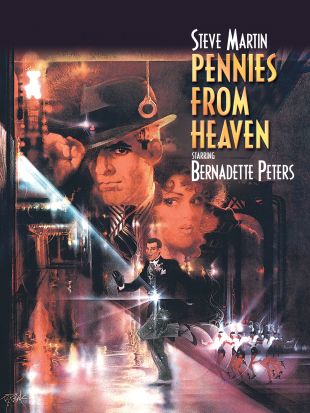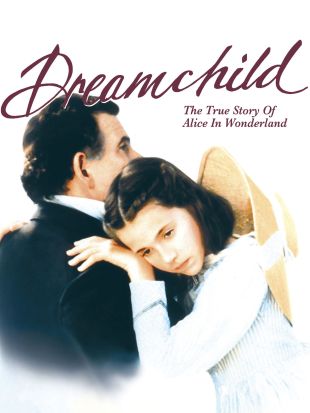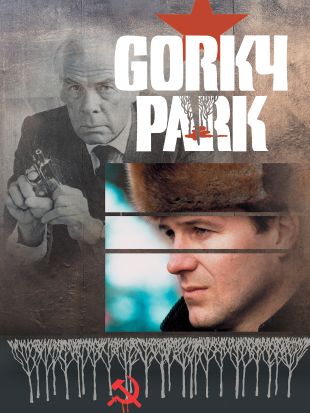Certainly one of British television's more colorful characters, playwright, screenwriter, and director Dennis Potter thrived on controversy. Unlike the standard realistic dramas of his peers, Potter's programs complexly blended his personal reminiscence with fantasy and the gritty realities of ordinary British life such as can be seen in his six-part musical drama Pennies From Heaven (1978). Potter sometimes deliberately baited more conservative audiences with his controversial views on religion as can be seen in Son of Man (1973), a television drama in which Jesus is portrayed as a very human being.
Born in the Forest of Dean, the son of an impoverished coal miner, Potter was in his early teens when a bitterly cold winter caused his father to send him and his siblings to the warmth and safety of London. Though the rest of the family eventually returned to their home village of Berry Hill, Potter remained in London. After studying philosophy, politics, and economics at Oxford, Potter published his first novel, The Glittering Coffin (1960), a scathing attack on upper-class snobbery that seemed based on his recent college experiences. He worked briefly for the BBC in their news department and then became a news journalist for the Daily Herald. It was while at the newspaper that Potter, then in his early twenties, was diagnosed with psoriatic arthopathy, an incurable and brutally painful disease affecting his skin and joints. Unable to work in a normal situation, Potter became a television critic so he could write at home.
In 1964, following an unsuccessful attempt to win an election for public office, Potter began writing teleplays to support his family. These satirical early works were based on his campaign experiences. As a playwright, Potter proved as prolific as he was opinionated and gained a positive reputation as an outspoken, cutting-edge writer for the British Broadcasting Corporation.
Potter made a name for himself in the mid-'70s after his disturbing domestic drama Brimstone and Treacle (1976) was banned from television by the BBC because his tale of a demonic visitor who drops in on a middle-class, dysfunctional suburban family and performs unspeakable acts upon a brain-damaged, comatose girl, deeply offended network executives. The show was not broadcast until 1987. In 1982, a feature film version of the story starring pop star/actor Sting was released to lukewarm reviews, although it has become more highly regarded with the passage of time.
It was in the '70s that Potter did his best, most innovative work. However, by decade's end, increasingly conservative BBC chiefs were becoming less tolerant of Potter's dramatic experiments. His favorite film of this era was Blue Remembered Hills (1979), a story in which adults played the roles of children. After it was made, his production associate for the past ten years, Kenith Trodd, went to work for a rival network and Potter was on his own. While Potter's professional life was thriving, his health continued deteriorating. It was his taking of the experimental painkilling drug Methetrixate that inspired Pennies From Heaven. The miniseries was a tremendous international success; in 1981, an Americanized film version starring Steve Martin and Bernadette Peters was released and flopped.
Through the '80s, Potter's directorial output remained prodigious but was unfavorably compared to his earlier work. The six-part miniseries The Singing Detective (1986) was to be his last major success. Though he continued making and writing films, Potter was in a definite slump with only Lipstick on Your Collar (1993) providing a brief respite. By this time, Potter had been diagnosed with terminal pancreatic cancer. Despite the increased pain and illness, Potter continued making films. In a 1994 television interview, he requested that the BBC and its rival Channel 4 team up and show two of his last works, Karaoke and Cold Lazarus, a blackly comic tale in which a cryogenically frozen head is thawed out four centuries in the future and used for its fond memories of 1940's England (those memories featured the exploits of the lead characters in Karaoke). This last film was both a companion piece to Karaoke and personal memorial to himself. In tribute to Potter's contribution to television, the networks agreed to honor his request. Midnight Movie, which he co-produced with the BBC, was Dennis Potter's last film.


